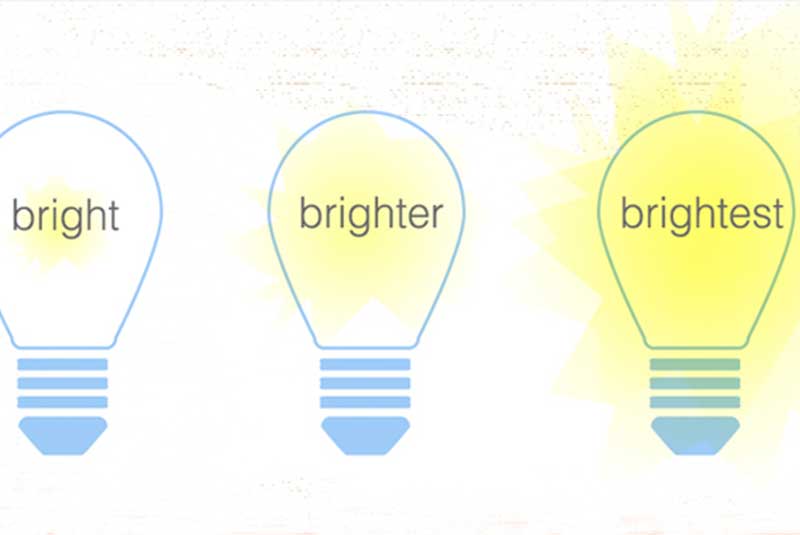×
The Standard e-Paper
Kenya’s Boldest Voice

Where language is concerned, it is quite common to come across arguments like, “If I am communicating, why should I pay much attention to grammar?” “Language evolves” or “Hey man, we are not in class here, don’t patronise me!” In an office setting, or any other setting that is post-education, one could let such defences pass unremarked.